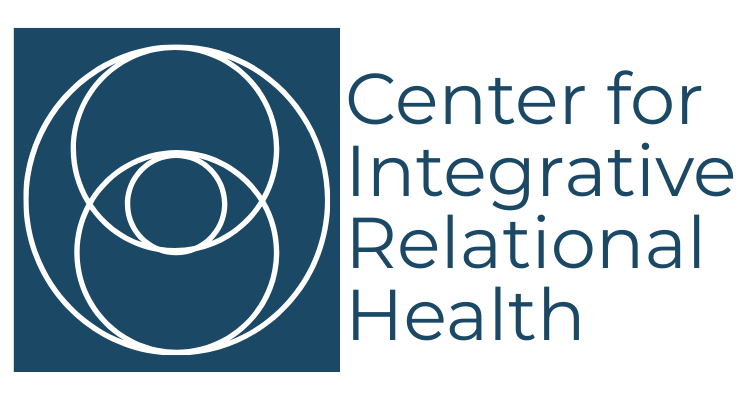Strategic Planning for Integrative Relational Practice Development
We collaborate with your group therapy practice to develop a strategic plan that aligns your organizational goals with integrative relational principles. By grounding this process in IRH, your group practice can develop an authentic, sustainable approach to individual and collective healing that serves your clients and contributes to the transformation of your broader community. Our comprehensive strategic planning framework includes three key phases: organizational assessment and visioning, implementation roadmapping, and systems integration planning.
-
We conduct thorough evaluations of your current practice culture, identifying strengths to build upon and areas for growth. Together, we craft compelling visions for what your integrative relational practice can become.
Our approach to organizational assessment and visioning honors the complexity of your therapeutic practice and creates practical pathways for growth and change. We employ a systematic approach uses integrative relational health as a lens to make the interconnectedness of individual wellbeing, therapeutic relationships, organizational culture, and community impact both visible and actionable.
As part of our initial engagement and partnership building, we understand the relationships and communities within your practice. Through this mapping process, we are able to evaluate your stakeholders’ openness to change and commitment to the principles of integrative relational health. We align this process with our core IRH values of wholeness, presence, and reparation. Building this relationship foundation helps to create psychologically safe spaces for authentic dialogue and to establish trust through transparency and shared power dynamics.
Components of our comprehensive organizational assessment include the evaluation of your practice culture, an inventory of your assets and strengths, and an assessment of your needs. Using insights from these assessments, we facilitate visioning sessions with your team to develop a collective vision for integrative relational practice at your organization. These sessions hold space for individual reflection, small group exploration, and community-wide integration.
-
Strategic visions require practical pathways. We develop detailed, phased implementation plans that respect your practice's current capacity while creating momentum toward meaningful change.
Starting with your practice’s shared and interconnected vision for community impact, organizational culture, and integrative relational practice, we employ a collaborative and methodical process to set priorities. Activities in this phase include a gap analysis between your current and envisioned practices, an evaluation of the required resources, and timeline considerations.
-
From clinical protocols to administrative processes, we help align all organizational systems with your integrative relational values, ensuring coherence between vision and daily operations.
Our action planning framework includes short-term initiatives, development initiatives that can be enacted over the course of the first year, and long-term transformation efforts that help your practice to fully realize its vision.
We also support your team in designing outcomes. and indicators for integrative relational health so that your team can track and measure progress.
Key Principles in Our Strategic Planning Process
Integrative Relational Health Foundation
Holistic Perspective: Recognizing the interconnectedness of individual, relational, and systemic factors
Culturally Responsive and Sustaining Practice: Addressing systemic inequities and honoring diverse healing traditions and lived experiences
Trauma-Informed Approach: Understanding the impact of trauma on individuals and systems
Process Principles
Participatory Approach: Meaningful involvement of all stakeholders in assessment and planning
Strengths-Based Focus: Building on existing assets and capabilities
Adaptive Implementation: Flexibility and responsiveness to emerging needs and opportunities
Relationship-Centered: Prioritizing the quality of relationships throughout the change process
Sustainability Considerations
Capacity Building: Developing internal capabilities for ongoing assessment and improvement
Resource Development: Identifying sustainable funding and support mechanisms
Leadership Development: Preparing current and future leaders for continued growth
Community Integration: Embedding practice within broader community healing ecosystem


